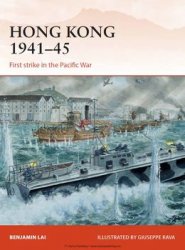There was a deeper tragedy in the trajectory of Soviet foreign policy from Stalin’s death to the Cuban drama. If his immediate successors could not afford to risk accommodation with the West because of their weakness within the Soviet system, Khrushchev dared to risk detente because of his belief in the system’s fundamental strength. He went further than his predecessors in attempting to loosen Soviet dependence on military power abroad and on instruments of terror at home. In trying to demilitarize the Cold War, he was more farsighted than his Western adversaries, but the system ultimately let him down. When the upheaval in Eastern Europe exposed its vulnerability, he reverted to reliance on force.
Unlike the cynical and calculating Stalin, Khrushchev was an impatient improviser and compulsive schemer; if Stalin often calculated badly, Khrushchev often did not calculate at all. The Berlin crisis, gratuitously provoked by him and then aggravated by his mismanagement, was in an important sense even more dangerous than the later Cuban crisis. Neither side realized how close they came to a military conflict that could have occurred because of Khrushchev’s disregard of the likely consequences of his actions. The perilous situation was an indictment less of his personal flaws than of those of the system that had brought him to power, allowing him to act the way he did. That peril would not pass with the passing of Khrushchev but only with the passing of the Soviet Union.




 World History
World History









